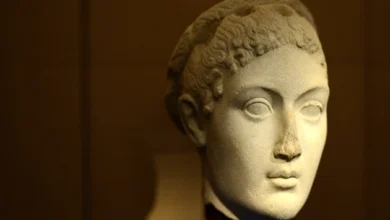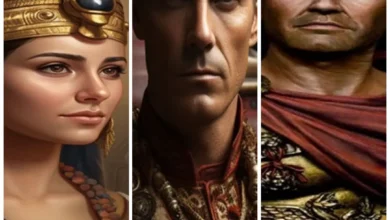Ancient Egypt weird facts
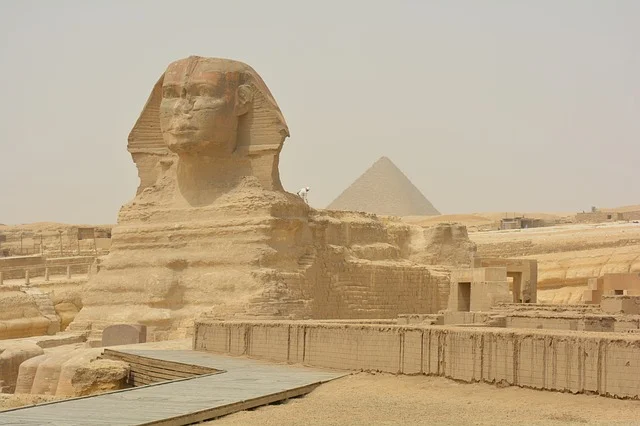
Ancient Egypt has several fascinating facts. Egypt was a very magnificent culture. Since Howard Carter originally unearthed King Tutankhamun’s famed tomb in November 1922, it has captivated the contemporary world.
Ancient Egypt has mummies, pyramids, conspiracy theories, a cat deity, magnificent sculptures, and spectacular architecture. In this collection, you’ll uncover fascinating information about ancient Egypt that will open up a whole new world of antiquity to you.
Ancient Egypt weird facts
Ancient Egyptians invented toothpaste
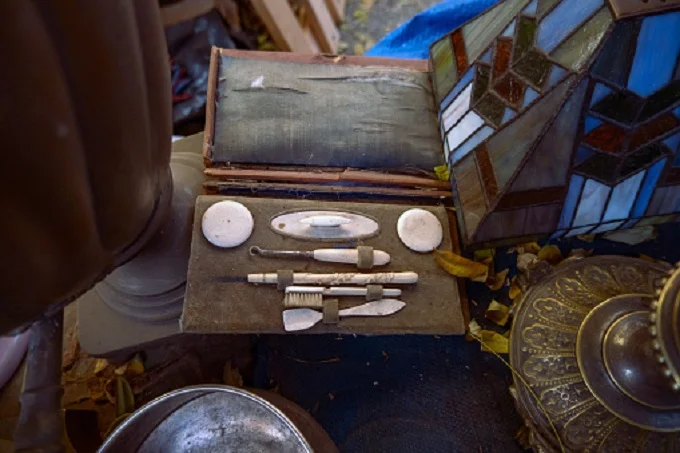
Of course, it didn’t resemble our toothpaste in the least. Hoof powder, ash, burned eggshells, and pumice were common constituents in ancient Egyptian toothpaste. They were quite conscientious about their oral hygiene. It’s true that toothpicks were used to bury ancient mummies. Apparently, this was done so that their spirits might extract the meal remnants from their teeth in the hereafter.
Egyptians were well-known for their meticulous attention to personal cleanliness. While other civilizations were known for lice and seldom washed, the Egyptians bathed at least once a day, shaved their heads, and wore wigs to prevent fleas, ticks, and lice. Eye shadow, blush, and both men and women wore lipstick.
Slaves did not construct the Egyptian pyramids
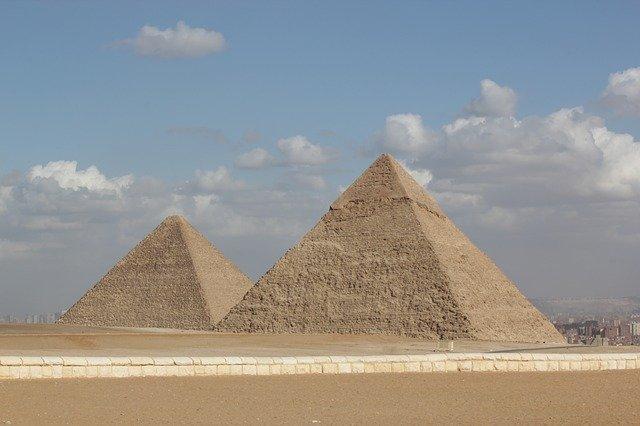
Slaves were held by the Egyptians, however, they were not employed to construct the Egyptian pyramids as many people believe. Along the rich portions of the Nile River, Egyptians developed their own food gardens. The Nile overflowed its banks every year during the wet season, depositing nutrient-rich silt on Egyptian land.
Of course, this meant that the farmers were unable to generate money during the flood. They worked for the Pharaoh during this period. The surprising truth is that the pyramid builders were not slaves at all, but rather farmers seeking a way to supplement their revenue during the floods.
No gender inequality
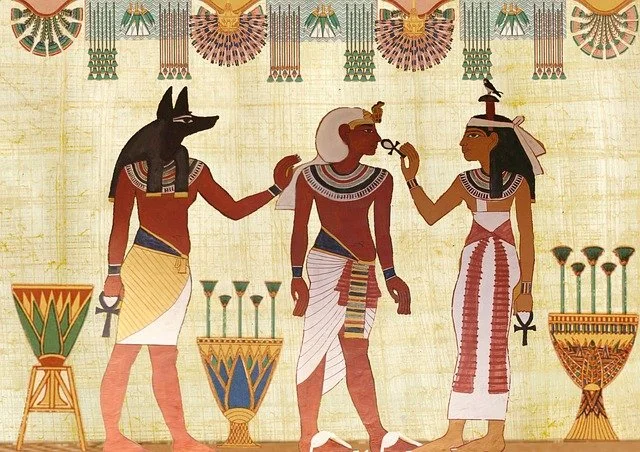
Not everyone in Egypt had the same social rank, but it had nothing to do with gender. In the same socioeconomic class, men and women enjoyed the same rights. Women in ancient Egypt could own, earn, purchase, sell, and inherit property, unlike in other regions of the ancient world. They were not required to have a male guardian and had full custody of their children in the event of a divorce. They have the power to prosecute persons in court. If the ladies were married and their husbands were on leave, the lady ran the household while he was away.
In an ideal world, the next Pharaoh would be the son of the former monarch, but if that was not feasible, the kingdom might be passed down to women. This has occurred at least three times throughout history. They were not even referred to as “queens” in this situation, since the term “queen” in ancient Egypt signified “wife of the king”. If they governed alone, they were simply known as “Pharaoh”. As a result, the word “Pharao” was not gendered! Isn’t it a remarkable fact?
The world’s first political pact
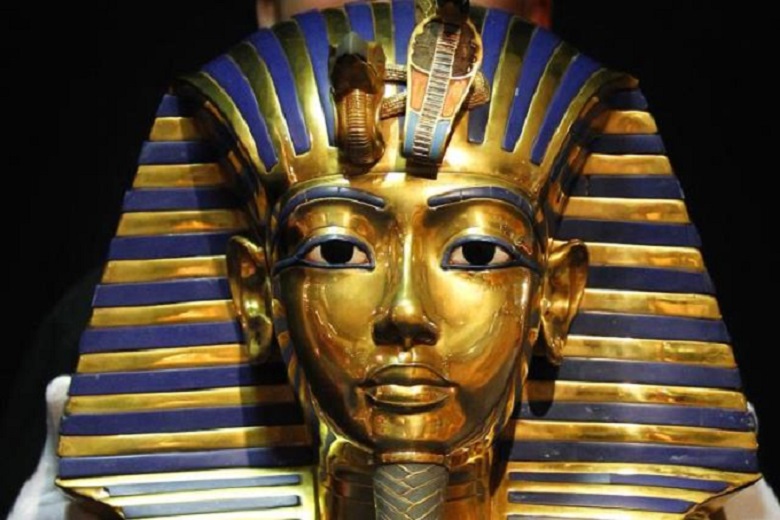
Like any mighty kingdom, the ancient Egyptians had many opponents. The warlike Hittite state, noted for its archers and chariots, was that adversary for two centuries. In what is now Syria, the Egyptians battled the Hittites. They fought hundreds of deadly wars, yet no one had ever won a war while Ramses II reigned on Egypt’s throne. Each sides were worn out after a protracted struggle, and both had additional foes closing in on them. Ramses II and King Hattusli III
Industrial action
If Egyptian employees believe their working conditions or wages are unjust, they may go on strike. The architects of the ancient necropolis at Deir el-Medina were not paid for their labor in the 12th century BC when Ramses III was Pharaoh of Egypt. Rather than continuing to work despite the Pharaoh’s (who was regarded God incarnate) fear, the employees opted to strike for improved working conditions. They staged a sit-in in a local temple, refusing to leave until their pay was paid.
The Ancient Egyptians devised many games
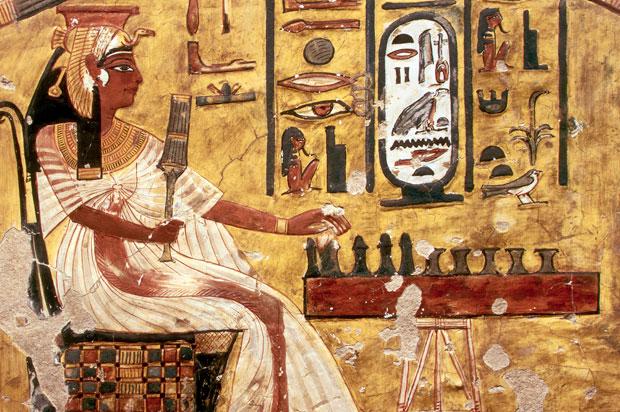
The Egyptians enjoyed playing a variety of sophisticated dice games with their pals. It was their preferred mode of amusement. Mehen, Dogs, and Jackals (a game similar to chess and checkers), and Sene were the three most popular games in ancient Egypt. The most popular game was Sene.
Archaeologists have discovered game replicas all across the Valley of the Kings. Egyptians were buried with their games in order to keep them occupied in the afterlife. Sene is a game played on a 30 square board. Each player must roll the dice and then move their pieces about the board in accordance with the results. Historians don’t know all of the rules, but they do know that it was Egypt’s most popular game.
Egyptians kept exotic animals as pets
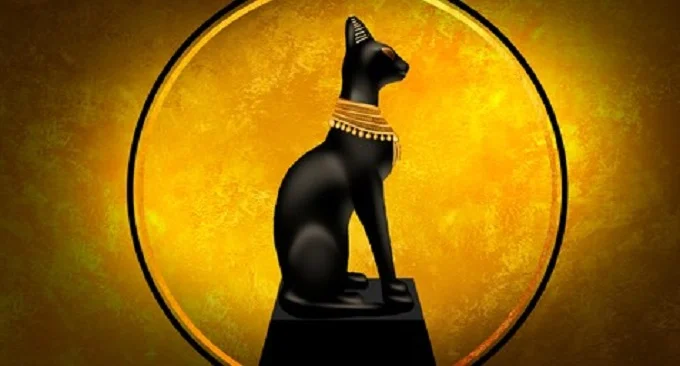
True-to-life pictures may be found in books. Ancient Egyptians had a huge variety of pets, both domestic and wild. Animals, they believed, were the incarnation of the gods. Ibis, dogs, lions, baboons, monkeys, leopards, and, of course, cats were maintained. Egyptian households valued their pets so much that they were often mummified when they died. Egyptians had “assistants” as well. According to some stories, Egyptian cops used police dogs and even trained monkeys to assist apprehend criminals and investigate crimes.
Doctors in ancient Egypt were exceptional
Ancient Egyptian physicians were extremely adept and had a thorough understanding of how the human body functioned. There are historical texts dating back to 450 BC that speak about Egyptian physicians’ exceptional expertise. “Every physician is a healer of one ailment and no more,” stated Herodotus, “some cure the eyes, others treat the teeth, some treat stomach disorders.” When the ancient Egyptians were unwell, they could see dentists, optometrists, cardiologists, proctologists, and a variety of other professionals.

